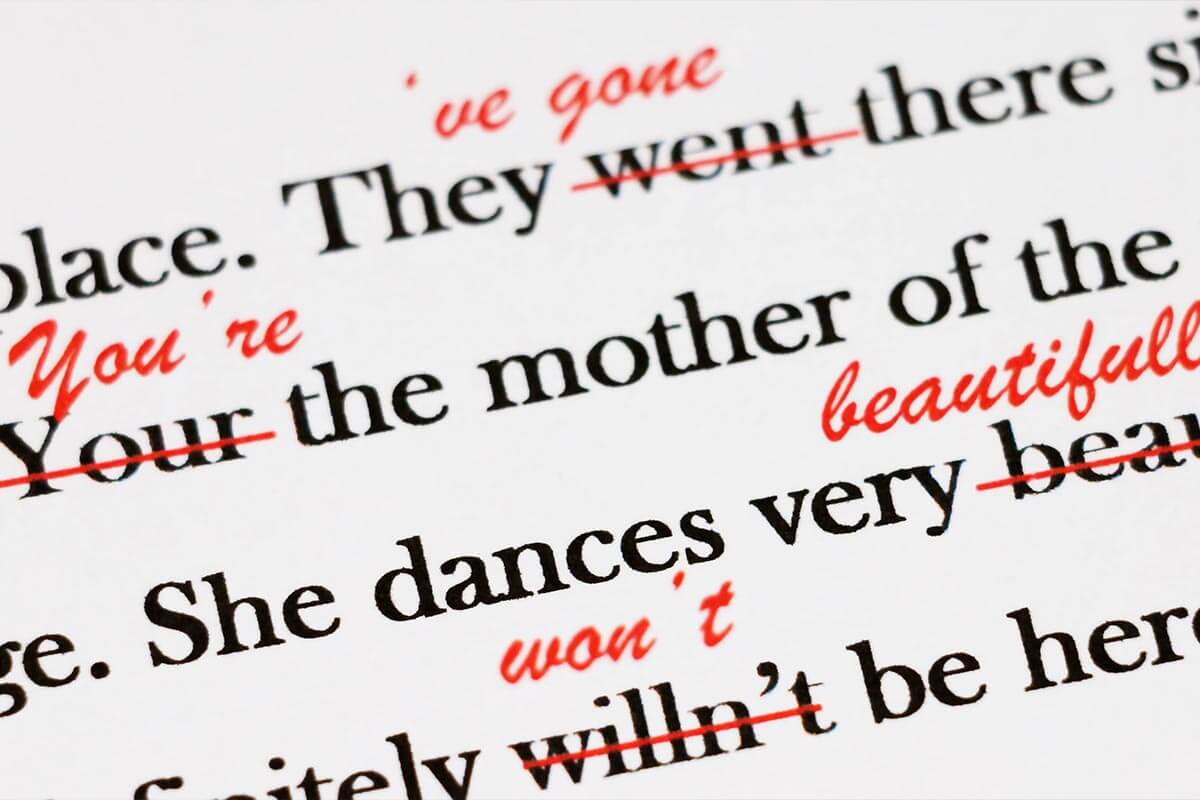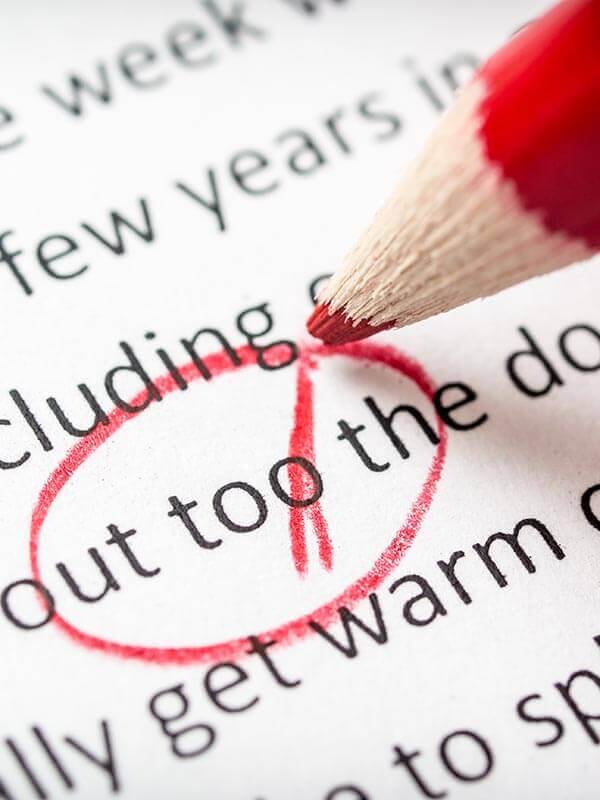
To read and mark corrections in (something, such as a proof)
- to read, detect and mark errors to be corrected
- the process of finding and correcting mistakes in text before it is printed or put online
“If you only read the books that everyone else is reading, you can only think what everyone else is thinking”

Proofreading
Academics
As most academics know, a journal article or book/chapter can often go through several rounds of “revise and resubmit” requests from the publisher before the document is finalised. This can involve both the need for proofreading and document formatting as publishers are extremely exacting in their expectations. Here, vtva.co.uk acts as a fresh pair of eyes to give you that extra confidence that you have done all you can to comply to the publisher’s requirements.
Students
Students, especially those whose first language is not English, find the proofreading service invaluable. They are often directed to us from their supervisors in order to help with language, grammar, syntax, etc. Having someone check your essay, dissertation or thesis, supports you in your writing skills and helps you build confidence as your academic life progresses.
Businesses
Many of the academics vtva.co.uk works with have strong relationships with businesses, NGOs and government departments. Here, assistance is given once the research has been completed and the executive report is being compiled. We proofread the document, checking for consistency in the language and terms used as many of these documents are compiled by several contributors, all with their own styles of writing. Once the document has been finalised we are also able to check the uniformity of its formatting.
Another aspect of proofreading for businesses is helping qualitative research analysts and life coaches with their websites, blogs, etc. (I’ve got to think about this bit but if you can put it in for now I’ll elaborate later)
The most commonly asked questions regarding proofreading are: “How long will it take?” and “how much will it cost?” This is a difficult question to answer when proofreading as it really depends upon the quality you’re looking for. The majority of clients that approach VTVA are looking for a document to be sent back that contains accurate punctuation, grammar and formatting rather than the type of language used in a text message. This takes time and care; consequently, the time taken will be reflected in the cost.
The technical aspects looked at when proofreading include spelling, misused words, punctuation, grammar, correct use of tenses, incorrect capitalisation, formatting inconsistencies and a check on whether style guidelines are being followed.
Comments bubbles are used to suggest the change of a misused word; indicate formatting issues, etc.
Any unfamiliar material will be researched. If, the meaning/word/phrase remains unclear, a comment bubble is used and the need for clarification will be suggested.
Citations are checked against the references section; inconsistency is marked in both the main body of the text and the references section.
Documents can be read as they develop, for instance chapter by chapter for a book or section by section for a business report; Alternatively, the complete document can be sent once it is complete.